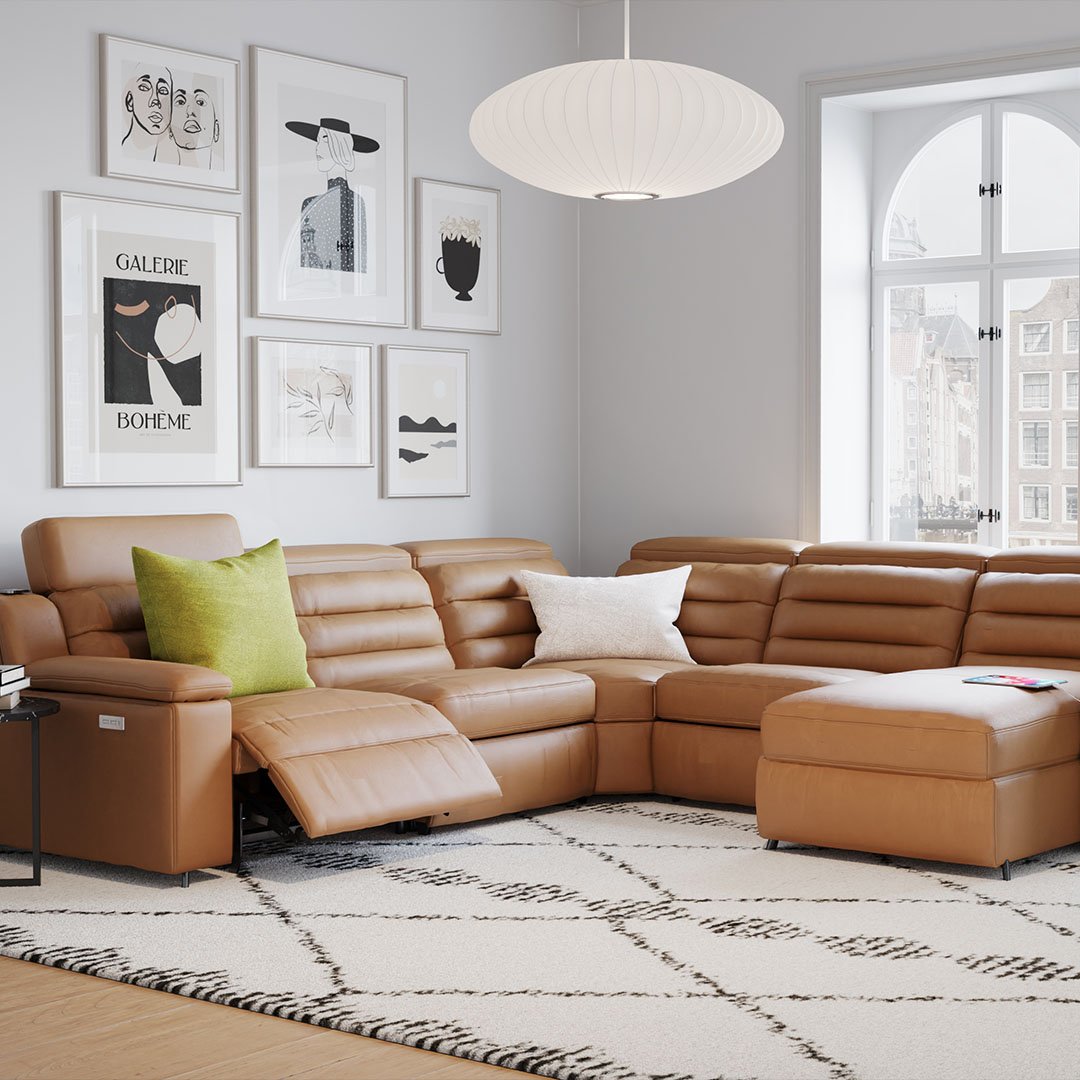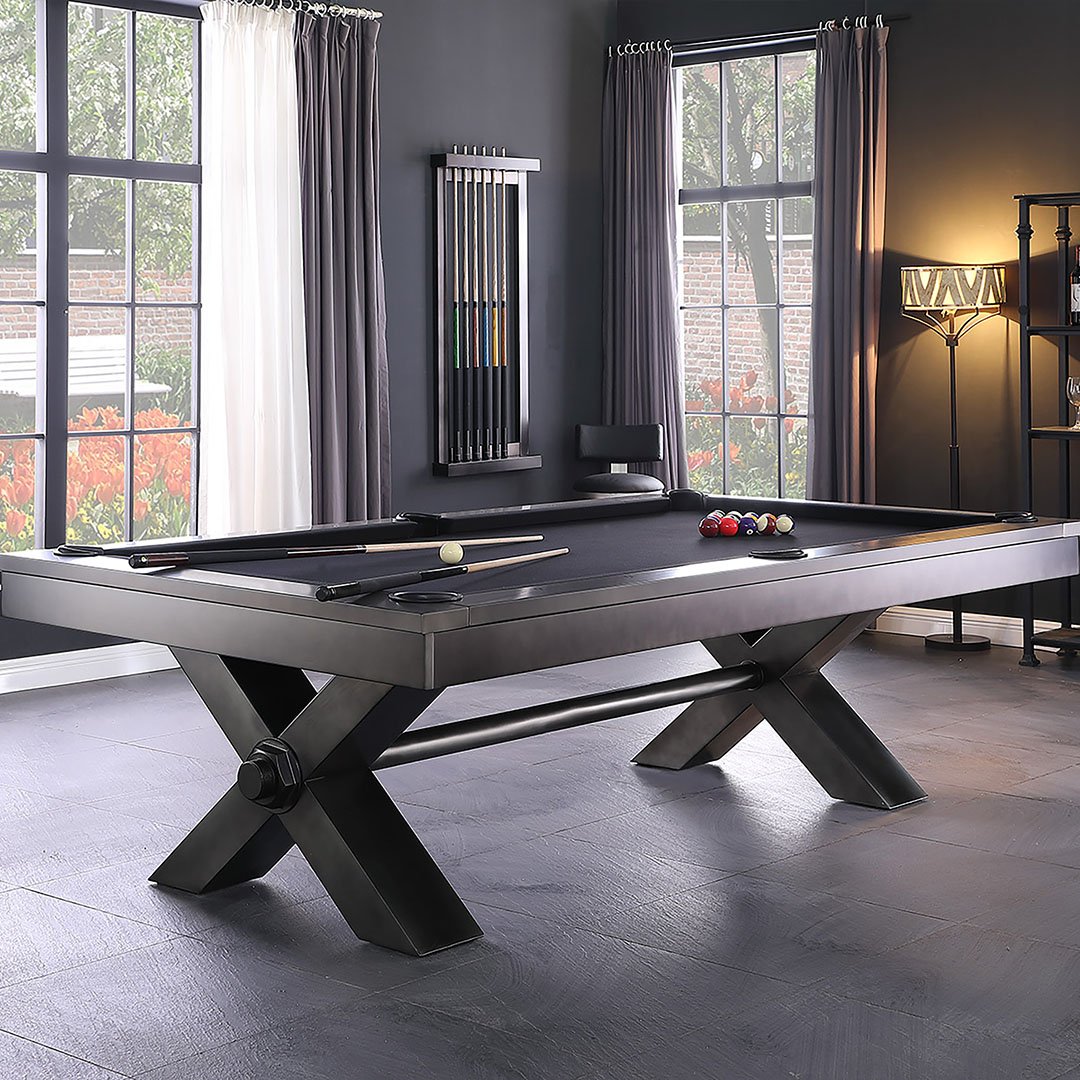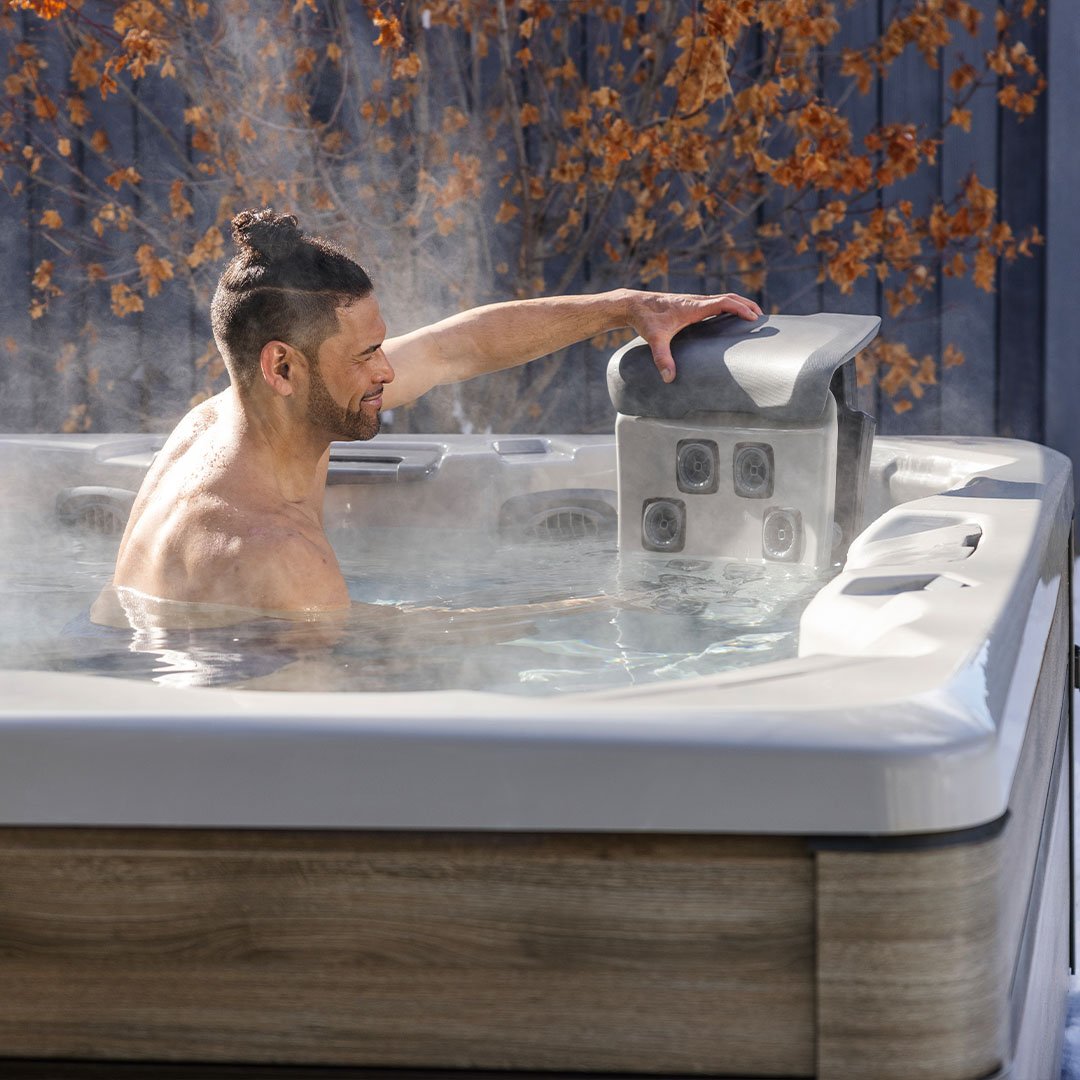Choosing the Right Pool Filter System for Your Above Ground Pool
Discover the best pool filter system for your above ground pool and ensure crystal clear water throughout the swimming season.
.png?width=1000&height=650&name=Blog%20Images%20(4).png)
Factors to Consider When Choosing a Pool Filter System For Your Above Ground Pool
When choosing a pool filter system for your above ground pool, there are several factors to consider. First, you need to determine the size of your pool and the flow rate required to keep the water clean. This will help you determine the appropriate filter size and type. Next, consider the maintenance requirements of each filter system. Some filters may require more frequent cleaning or replacement of filter media. Additionally, think about the cost and availability of replacement parts for the filter system you choose. Finally, consider any specific needs or preferences you have, such as eco-friendly options or compatibility with other pool equipment.
Another important factor to consider is the type of debris that commonly enters your pool. If you have a lot of leaves or larger debris, a filter system with a larger capacity and a larger surface area may be more efficient in capturing and removing these particles. On the other hand, if your pool mainly collects fine particles like dust or pollen, a filter system with a finer filtration media may be more suitable.
By carefully considering these factors, you can choose the right pool filter system that meets your needs and ensures clean and clear water in your above ground pool.
Different Types of Pool Filter Systems For Above Ground Pools
There are three main types of pool filter systems commonly used for above ground pools: cartridge filters, sand filters, and DE (diatomaceous earth) filters.
Cartridge filters are known for their ease of use and low maintenance. They consist of a pleated cartridge that traps debris as water flows through. Cartridge filters are effective in capturing both large and small particles, but they may require more frequent cleaning or replacement of the cartridge.
Sand filters use a bed of sand to trap debris and particles. They are cost-effective and require minimal maintenance, but they may not be as effective in capturing very small particles.
DE filters use a fine powder made from fossilized diatoms to create a highly efficient filtration system. They can capture even the smallest particles and provide the best water clarity. However, DE filters require more maintenance and regular addition of DE powder.
Each type of filter system has its advantages and disadvantages, so it's important to consider your specific needs and preferences when choosing the right pool filter system for your above ground pool.
Benefits and Drawbacks of Cartridge Filters
Cartridge filters offer several benefits for above ground pools. They are easy to install and operate, and they provide effective filtration for both small and large particles. Cartridge filters also have a large surface area, which allows for better water flow and reduces the frequency of cleaning or replacement.
However, there are also some drawbacks to using cartridge filters. Over time, the cartridge can become clogged with debris, reducing its effectiveness. Cleaning or replacing the cartridge regularly is necessary to maintain optimal filtration. Additionally, cartridge filters may have a higher upfront cost compared to other types of filters.
.png?width=790&height=514&name=Blog%20Images%20(9).png)
How to Maintain a Cartridge Filter
To maintain a cartridge filter, regular cleaning is essential. Start by turning off the filter system and removing the cartridge from the filter housing. Rinse the cartridge with a hose to remove any loose debris. For a deeper clean, you can soak the cartridge in a filter cleaner solution or a mixture of water and bleach. Be sure to follow the manufacturer's instructions for the appropriate cleaning solution and duration.
After cleaning, rinse the cartridge again to remove any remaining cleaning solution. Inspect the cartridge for any signs of damage or wear, and replace it if necessary. Finally, reinstall the cartridge in the filter housing and restart the filter system.
By regularly maintaining your cartridge filter, you can ensure optimal filtration and prolong the lifespan of the cartridge.
Advantages and Disadvantages of Sand Filters
Sand filters offer several advantages for above ground pools. They are cost-effective and require minimal maintenance. The sand bed can capture a wide range of debris sizes, making them suitable for pools with varying levels of debris. Sand filters also have a long lifespan and can last for several years before needing replacement.
However, there are also some drawbacks to using sand filters. They may not be as effective in capturing very small particles, and they can lose some filtration efficiency as the sand gets older and dirtier. Backwashing is required periodically to clean the sand bed and maintain optimal filtration. Additionally, sand filters require a larger space compared to other types of filters.
Consider these advantages and disadvantages to determine if a sand filter is the right choice for your above ground pool.
.png?width=1000&height=650&name=Blog%20Images%20(10).png)
How to Maintain a Sand Filter
To maintain a sand filter, regular backwashing is necessary. Backwashing involves reversing the water flow through the filter to flush out accumulated debris and dirt. Start by turning off the filter system and setting the valve to the backwash position. Turn on the pump and let it run until the water in the sight glass becomes clear.
Once the backwash is complete, set the valve to the rinse position and run the pump for a few minutes to settle the sand bed. Finally, set the valve back to the filter position and restart the filter system.
In addition to regular backwashing, it's important to replace the filter sand every 3-5 years to maintain optimal filtration. Follow the manufacturer's instructions for the appropriate type and amount of sand to use.
By properly maintaining your sand filter, you can ensure efficient filtration and extend its lifespan.
Pros and Cons of DE Filters
DE filters offer several advantages for above ground pools. They provide the highest level of water clarity and can capture even the smallest particles. DE filters also have a long lifespan and require less frequent maintenance compared to other types of filters. Additionally, DE filters can be more energy-efficient, as they have lower flow resistance.
However, there are also some drawbacks to using DE filters. They require regular addition of DE powder, which can be messy and time-consuming. DE filters also have a higher upfront cost compared to other filter systems. Additionally, the powdered DE can pose health risks if inhaled, so proper precautions should be taken when handling and adding DE powder.
Consider these pros and cons to determine if a DE filter is the right choice for your above ground pool.
How to Maintain a DE Filter
To maintain a DE filter, regular backwashing and addition of DE powder are necessary. Start by turning off the filter system and setting the valve to the backwash position. Turn on the pump and let it run until the water in the sight glass becomes clear.
Once the backwash is complete, set the valve to the filter position and turn off the pump. Add the appropriate amount of DE powder to the skimmer or the filter housing, following the manufacturer's instructions. Turn on the pump and let it run for a few minutes to distribute the DE powder evenly in the filter.
Regularly check the pressure gauge on the filter system to monitor the pressure. When the pressure rises above the recommended level, it's time to backwash and add more DE powder.
By properly maintaining your DE filter, you can ensure superior filtration and enjoy crystal clear water in your above ground pool.
Adding an Automatic Chlorinator to Your Filter System
Adding an automatic chlorinator to your filter system can help maintain proper chlorine levels in your above ground pool. Chlorine is essential for sanitizing the water and preventing the growth of bacteria and algae.
An automatic chlorinator is a device that automatically dispenses chlorine into the pool water. It is typically installed in-line with the filter system and uses chlorine tablets or sticks. The chlorinator has a control valve that allows you to adjust the chlorine level based on your pool's needs.
By adding an automatic chlorinator to your filter system, you can ensure a consistent and controlled release of chlorine, making it easier to maintain proper water chemistry in your above ground pool. Read our comprehensive guide on selecting the best automatic pool chlorinator.
-1.png?width=1000&height=650&name=Blog%20Images%20(1)-1.png)
FAQ's
How often should I clean or replace the filter cartridge?
The frequency of cleaning or replacement depends on several factors, including the size of your pool, the flow rate, and the amount of debris. It's recommended to check the condition of the cartridge regularly and clean or replace it as needed.
Can I use a sand filter for my above-ground pool?
Yes, sand filters are a popular choice for above ground pools due to their cost-effectiveness and ease of maintenance. However, they may not be as effective in capturing very small particles.
How often should I backwash my sand filter?
The frequency of backwashing depends on the size of your pool, the flow rate, and the amount of debris. It's recommended to backwash the sand filter when the pressure gauge rises above the recommended level.
Is it necessary to add DE powder to a DE filter?
Yes, DE powder is essential for proper filtration in a DE filter. It helps to capture and remove even the smallest particles from the pool water.
Topics: Pool - Equipment





.png?width=1000&height=438&name=Blog%20Images%20(5).png)





